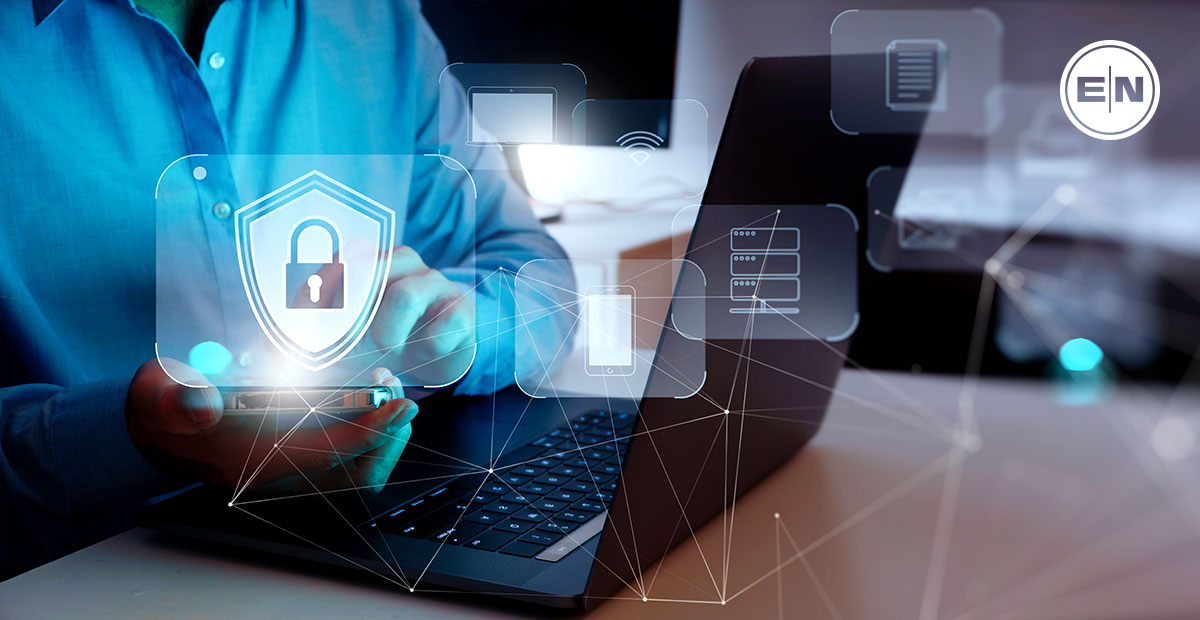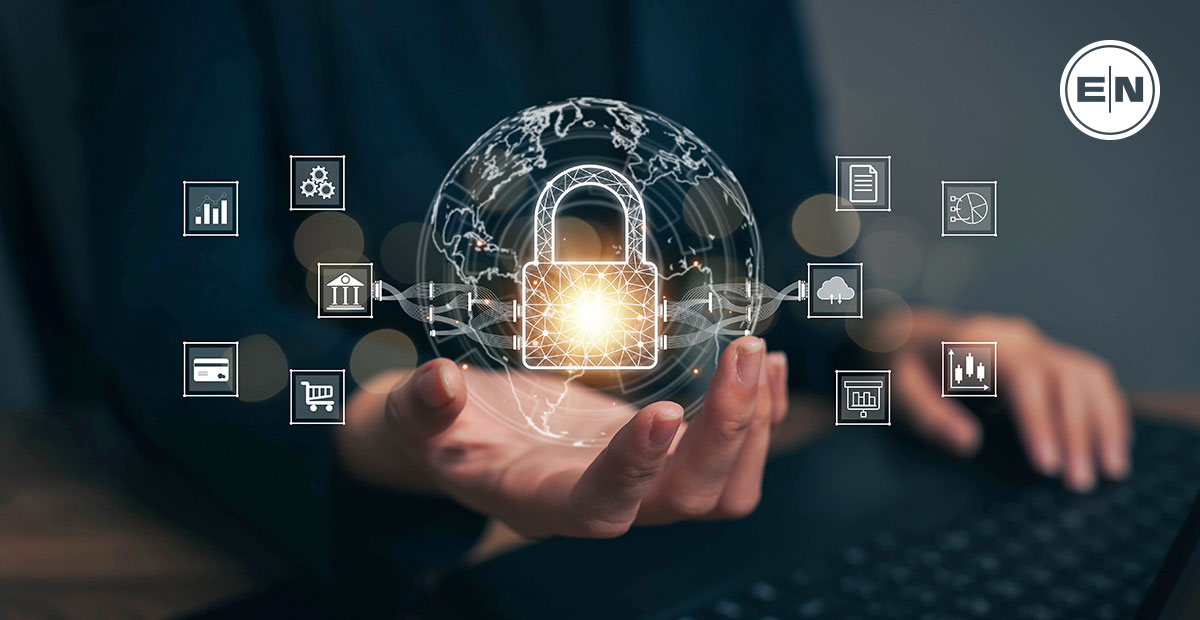What is Endpoint Detection and Response (EDR)?

Cybercrime is on the increase, and organizations of every size are falling victim to data breaches, viruses, and other forms of cyber attacks. As the world becomes increasingly digital-led, this opens up many opportunities for cybercriminals to take advantage of vulnerabilities in online security. To mitigate the genuine risk of becoming a victim of cybercrime, organizations must ensure they are as protected as possible from potential malicious attacks. But, keeping up with the need for increased protection and continually evolving their security to keep attackers at bay is no easy task, which is why innovations such as endpoint detection and response (EDR) are needed.
What is EDR?
One way which businesses can protect their valuable systems and the data it holds is to implement an EDR system. EDR stands for endpoint detection and response. EDR is widely considered to be a highly useful tool for protecting against threats.
How does it work?
EDR systems are not all the same and operate using different features. But, what each system has in common is it is designed to address cyber attacks as they happen rather than detecting them once they have taken place. As the name suggests, EDRs work to protect endpoints, i.e., devices such as laptops, desktop computers, and phones.
Why do we need to use EDR?
Just as technology evolves at an incredibly fast pace, cybercriminals are also continually adapting their methods to exploit vulnerabilities and evade detection. While most cybersecurity systems can identify an attack after it has happened, EDRs work immediately and are designed to act as the attack is in progress. This makes EDR a valuable protection tool.
Types of EDRs available in the market today
Choosing EDR systems carefully is essential, as there are various types of EDR available on the market. While the primary function of providing endpoint security is common with every EDR product, the type and level of protection they offer differ between products. Features to look out for include fileless detection of threats, the responsiveness of security supports, and automated remediation. The more features an EDR has, the more expensive it is likely to be, so weighing up the features and level of support you need most is crucial.
Benefits of using EDR
There are many benefits associated with using EDR ahead of other cybersecurity measures. One standout difference that EDR provides is the ability to detect an attack while it is happening. This enables the attack to be thwarted and prevents it from escalating into a more severe data breach. Another significant benefit of using EDRs is the ability to protect the endpoint device rather than simply the network.
Advantages of EDR over other solutions
One of the most significant advantages the EDR has over other security measures is responding to threats while they are happening. Identifying attacks in progress gives EDRs a distinct advantage and enables them to go beyond the security capabilities of anti-virus software alone. In fact, many EDR systems contain anti-virus software within their product, providing a multi-faceted approach to cyber protection.
Disadvantage of EDR
While there are many benefits associated with EDR systems to protect organizations, there is also a possible disadvantage to consider, too. As EDR systems capture massive amounts of data, handling this data is not a simple task. So, if the capabilities are not available, this volume of data can be overwhelming. For this reason, many organizations use a managed endpoint security service to handle this data on their behalf and ensure their business stays protected.
Conclusion
It is easy to see why EDR systems have become a popular method for protecting systems in recent years. Making the shift from trying to recover from a cyber attack and switching to EDRs, which enable attacks to be halted in progress, is a significant advantage. Being able to reduce the impact and damage caused by a cyberattack while also making them far less likely to occur in the first place is a massive bonus for organizations. Having the ability to shelter their systems beneath multiple layers of security provides added peace of mind and reassurance that appropriate protections are in place.
About Us
At Externetworks, we proudly offer superior protection to our customers via our managed endpoint security services. We can keep you protected 24/7, so you can be reassured your endpoints are protected and help is always available.
Contact Us
Contact us to discover how we can ensure your organization enjoys the peace of mind that our endpoint security provides.





